
Sojourner Truth was an American abolitionist and activist for African-American civil rights, women's rights, and alcohol temperance. Truth was born into slavery in Swartekill, New York, but escaped with her infant daughter to freedom in 1826. After going to court to recover her son in 1828, she became the first black woman to win such a case against a white man.
White guilt is a belief that white people bear a collective responsibility for the harm which has resulted from historical or current racist treatment of people belonging to other racial groups, as for example in the context of the Atlantic slave trade, European colonialism, and the genocide of indigenous peoples.

"Ain't I a Woman?" is a speech, generally considered to have been delivered extemporaneously, by Sojourner Truth (1797–1883), born into slavery in the state of New York. Some time after gaining her freedom in 1827, she became a well known anti-slavery speaker. Her speech was delivered at the Women's Convention in Akron, Ohio, in 1851, and did not originally have a title.

Peggy Ann Freeman, known professionally as Donyale Luna, was an African American model and actress who gained popularity in Western Europe during the late 1960s. Generally cited as "the first Black supermodel", Luna was the first African-American model to appear on the cover of the British edition of Vogue, in March 1966.

Patricia C. McKissack was a prolific African American children's writer. She was the author of over 100 books, including Dear America books A Picture of Freedom: The Diary of Clotee, a Slave Girl;Color Me Dark: The Diary of Nellie Lee Love, The Great Migration North; and Look to the Hills: The Diary of Lozette Moreau, a French Slave Girl. She also wrote a novel for The Royal Diaries series: Nzingha: Warrior Queen of Matamba. Notable standalone works include Flossie & the Fox (1986), The Dark-Thirty: Southern Tales of the Supernatural (1992), and Sojourner Truth: Ain't I a Woman? (1992). What is Given from the Heart was published posthumously in 2019.

Viola Davis is an American actress and producer. Davis is one of the few performers to have been awarded an Emmy, a Grammy, an Oscar, and a Tony (EGOT). She is the sole black actor to achieve the Triple Crown of Acting as well as the third person to achieve both statuses. Time named her one of the 100 most influential people in the world in 2012 and 2017. In 2020, The New York Times ranked her ninth on its list of the greatest actors of the 21st century. Her film breakthrough came with her role in the drama Doubt (2008), for which she received her first Academy Award nomination for Best Supporting Actress.

Venus Xtravaganza was an American transgender performer. She came to national attention after her appearance in Jennie Livingston's 1990 documentary film Paris Is Burning, in which her life as a trans woman forms one of the film's several story arcs.
Racial passing occurs when a person who is classified as a member of a racial group is accepted or perceived ("passes") as a member of another racial group.
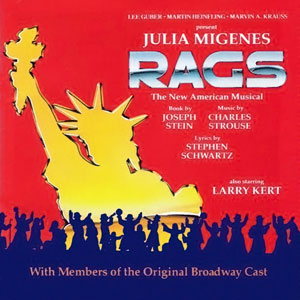
Rags is a musical with a book by Joseph Stein, lyrics by Stephen Schwartz, and music by Charles Strouse.
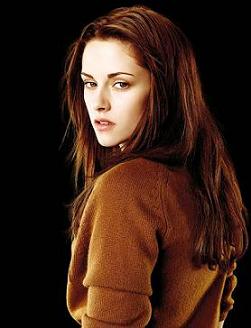
Isabella Marie Cullen is the protagonist character of the Twilight book series by Stephenie Meyer. She is initially an ordinary teenage girl, but during the series, Bella marries vampire Edward Cullen, with whom she has a human-vampire hybrid daughter, Renesmee Cullen. The Twilight series, consisting of the novels Twilight, New Moon, Eclipse, and Breaking Dawn, is primarily narrated from Bella's point of view. In The Twilight Saga film series, Bella is portrayed by actress Kristen Stewart.
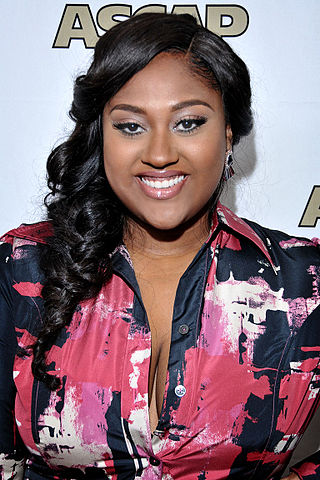
Jazmine Marie Sullivan is an American R&B and soul singer. She has won two Grammy Awards, a Billboard Women in Music Award, and two BET Awards over the course of her career. In 2022, Time placed her on their list of the 100 Most Influential People.

Published in 1983, In Search of Our Mothers' Gardens: Womanist Prose is a collection composed of 36 separate pieces written by Alice Walker. The essays, articles, reviews, statements, and speeches were written between 1966 and 1982. Many are based on her understanding of "womanist" theory. Walker defines "womanist" at the beginning of the collection as "A black feminist or feminist of color. From the black folk expression of mother to female children and also a woman who loves other women, sexually and/or nonsexually. Appreciates and prefers women's culture. Committed to survival and wholeness of entire people, male and female. Womanist is to feminist as purple is to lavender."
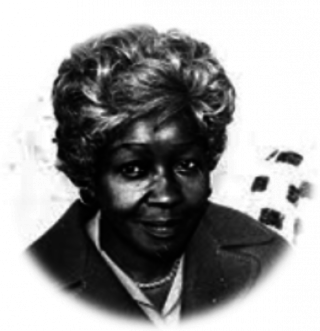
Helen Nontando (Noni) Jabavu was a South African writer and journalist, one of the first African women to pursue a successful literary career and the first black South African woman to publish books of autobiography. Educated in Britain from the age of 13, she became the first African woman to be the editor of a British literary magazine when in 1961 she took on the editorship of The New Strand, a revived version of The Strand Magazine, which had closed in 1950.

if i can cook / you know god can is a culinary memoir by Ntozake Shange. It was originally published by Beacon Press, in Boston MA, United States, in 1998. The piece is both memoir and cookbook. Short essays precede recipes written in personal vernacular, and these recipes cover locations such as Cuba, Nicaragua, Brazil, the Dominican Republic, Haiti and the United States.

Nkechi Amare Diallo is an American former college instructor and activist known for presenting herself as a black woman despite being born to white parents. She is also a former National Association for the Advancement of Colored People (NAACP) chapter president.
Joshua Andrew Dolezal is an American academic and writer. He was a full professor of English studies at Central College, focusing on American literature, creative nonfiction, medical humanities, sustainability and social justice issues. He is the brother of Rachel Dolezal and wrote a book about their upbringing in "a strict, cult-like Pentecostal family."

The feminist philosophy journal Hypatia became involved in a dispute in April 2017 that led to the online shaming of one of its authors, Rebecca Tuvel, an assistant professor of philosophy at Rhodes College in Memphis. The journal had published a peer-reviewed article by Tuvel in which she compared the situation of Caitlyn Jenner, a trans woman, to that of Rachel Dolezal, a white woman who identifies as black. When the article was criticized on social media, scholars associated with Hypatia joined in the criticism and urged the journal to retract it. The controversy exposed a rift within the journal's editorial team and more broadly within feminism and academic philosophy.
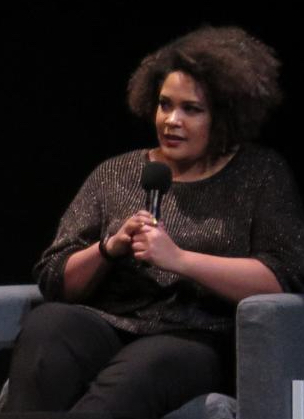
Ijeoma Oluo is an American writer. She is the author of So You Want to Talk About Race and has written for The Guardian,Jezebel, The Stranger, Medium, and The Establishment, where she was also an editor-at-large.
A transracial person is one who identifies as a different race than the one associated with their biological ancestry. They may adjust their appearance to make themselves look more like that race, and may participate in activities associated with that race. Use of the word transracial to describe this is new and has been criticized, because the word was historically used to describe a person raised by adoptive parents of a different ethnic or racial background, such as a Black child adopted and raised by a White couple.

The Rachel Divide is a 2018 documentary about the controversial life of Rachel Dolezal, also known as Nkechi Diallo, an American woman of white parentage who identifies as black, and was forced to resign as president of the NAACP chapter in Spokane, Washington when her race and ancestry were exposed. The film was directed by Laura Brownson and distributed by Netflix, originally airing on April 27, 2018.
















